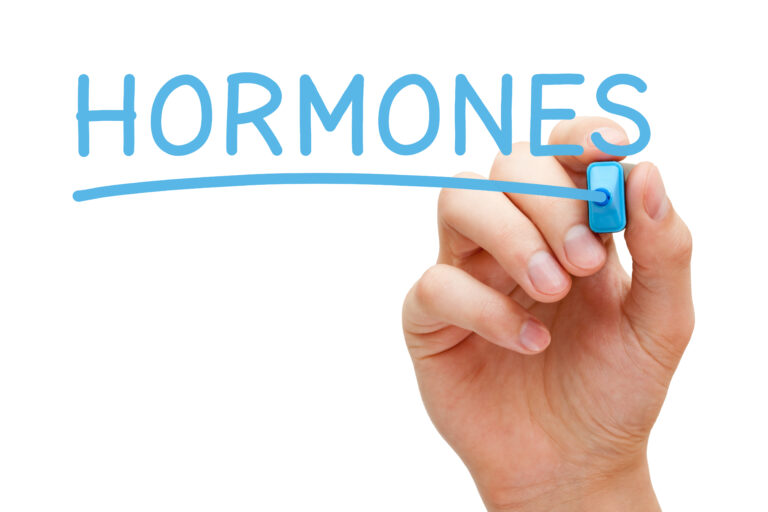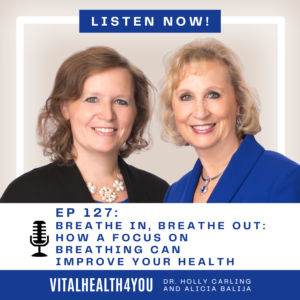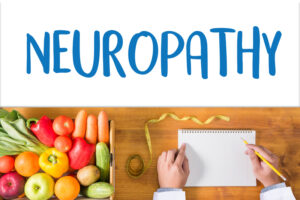We have an amazing substance in our body, called hormones. Hormones are regulatory substances that cause specific cells or tissues to do a prescribed function in the body. Most people when they think of hormones, they think of sex hormones (such as estrogen, progesterone or testosterone), brain hormones that effect moods (such as serotonin, norepinephrine/noradrenaline, GABA and dopamine) and hormones that affect blood sugar levels (such as insulin, cortisol, glucagon and others). These are only a few of the many hormones that control how heathy we are and how much energy we have. Often neglected is the quality of function of the glands and brain that produce or regulate these hormones.
We have a complex system of hormonal control mechanisms in our body – collectively referred to as the Endocrine System. This system includes the following glands: hypothalamus, pituitary, and pineal, housed in the brain; thyroid, parathyroids, ovaries, testes (and other reproductive tissues), pancreas, and thymus, housed in the body; and the organs liver and duodenum (upper end of small intestines). Amongst these is a feedback loop that is quite intricate. What that means is that if an endocrine gland or organ produces too much of a hormone, other organs or glands respond by releasing or tapering back their hormones in response. If too little is produced the opposite occurs. It is an amazing, dynamic system that is in motion every moment of every day. Like a thermometer that continuously measures changes in temperature, the endocrine system continuously measures changes in hormones and responds appropriately to them.
Sometimes the output of hormones doesn’t match the need. That results in symptoms ranging from fatigue to increased appetite, to weight gain or loss, PMS, moodiness or any psychological imbalance, menstrual irregularities, dry skin and hair, intolerance to cold, depression, insomnia, joint pain, facial hair, brain fog, sugar or salt cravings, afternoon “crashes”, low or high blood pressure and more. That begins the search for something to “jump start” our hormones. Many choices only mask the problem, and do little to take care of the source of the imbalance. For instance, many use coffee, energy drinks, sugar, hormone replacement drugs, or anti-depressant drugs to force a much needed lift. They’ll all help you feel better for a while, but as the underlying issues continue unaddressed, soon these temporary fixes no longer work, and you either have to switch meds, increase dosages, consume more stimulant foods and drinks, or reach for anything to get you feeling better. Some of the key elements responsible for how well your endocrine system works are the hypothalamus, pituitary, adrenals and thyroid. There are as many reasons for their lack of responsiveness to normal hormonal stimuli as there are remedies. They hold a crucial, decisive role in how much energy you have and your levels of energy.
©2015 Holly A. Carling, O.M.D., L.Ac., Ph.D.







